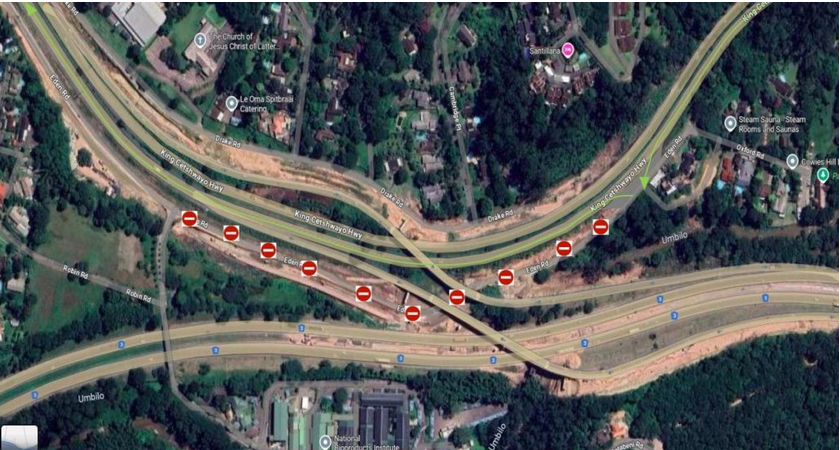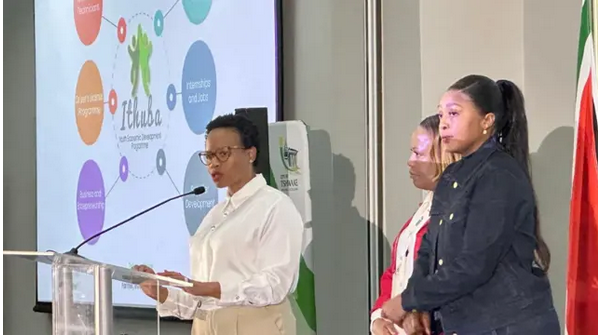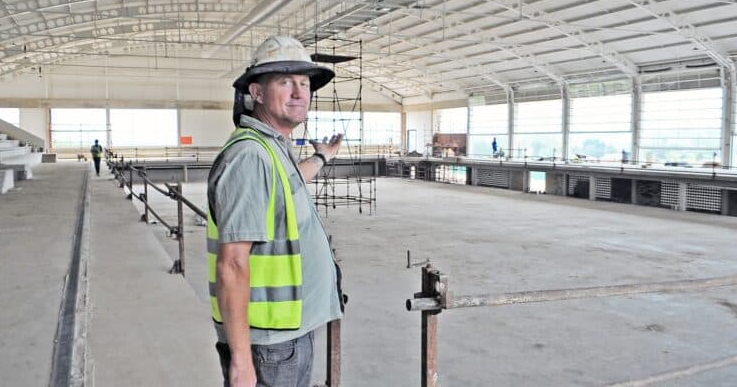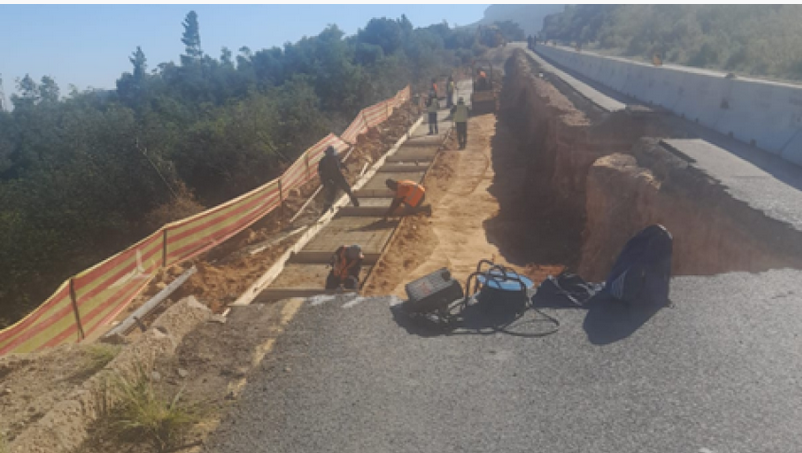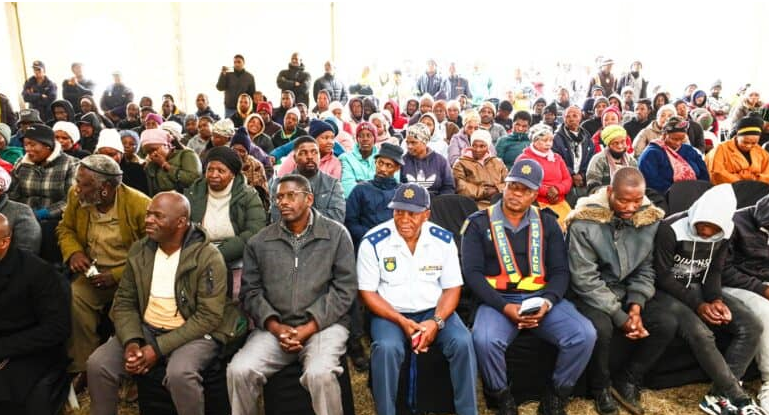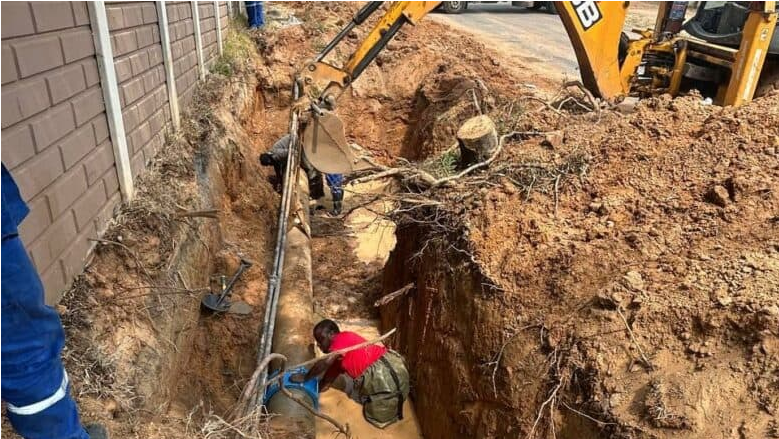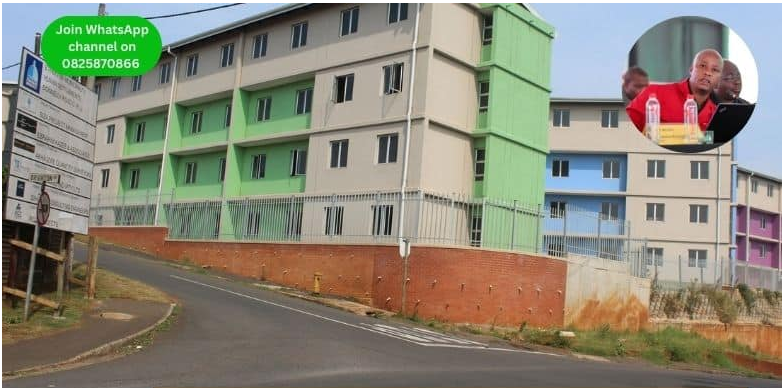Court reinstates R144 million toll plaza tender contract

Advertising
13-09-2013
Read : 145 times
The Mercury
Source
THE Supreme Court of Appeal has reinstated a R144 million contract to manage and operate the N2 South Coast toll plaza, which was set aside on review by a KwaZulu-Natal judge who found the tender adjudication had not been objective.
In a judgment handed down yesterday, Judge Malcolm Wallis, with four judges concurring, said when considering review applications, courts were concerned with the legality of the process and not the outcome.
“A court may not interfere because it disagrees with the assessment of the evaluator as to the relative importance of different factors and the weight to be attached to them,” Judge Wallis said, stressing that a judicial review was not a way of getting a fresh evaluation of competing tenders. On appeal before him was Durban High Court Judge Rashid Vahed’s ruling that the eight-year contract, awarded in mid-2011, be set aside and reconsidered.
The application was brought by unsuccessful bidder The Toll Collect Consortium comprising Procon Fisher, Itra Mas and PG Mavundla Engineering, against Sanral and successful bidder Tolcon Lehumo, one of the country’s biggest toll road operators.
The consortium challenge was on price and on its disqualification for “quality” because it had not reached the threshold of 75 points.
Judge Vahed said Sanral had a constitutional obligation to conduct its operations transparently and accountably, and the tender had not disclosed criteria and weightings. But the appeal judges disagreed. Judge Wallis said the prior disclosure of a points system was not ordinarily required provided that the basic criteria for evaluation were disclosed. “The position here is that all tenderers knew that they would have to achieve 75 points for quality if their tenders were not to be excluded at the first stage… the consortium experienced no difficulties because it did not seek clarification regarding the information required,” he said.
He said knowing the exact breakdown of the points would not have changed anything and any prejudice was only inferred and “hypothetical”.
Tender transparency required that awards were not done “through backdoor deals, peddling of influence or other forms of corruption”.
“But once a tender is issued and evaluated and a contract awarded in an open and public fashion, this discharges the constitutional requirement of transparency. It is not there to be used by a disappointed tenderer to find some ground for reversing the outcome or commencing the process anew, by claiming there should have been greater disclosure of the methodology to be adopted in evaluating the tenders,” he said.
“The court can only interfere if the process is infected with illegality… however, where the complaints go to the result of the evaluation, a court will be reluctant to intervene and substitute its judgment for that of the evaluator.”
Recent News
Here are recent news articles from the Building and Construction Industry.
Have you signed up for your free copy yet?
